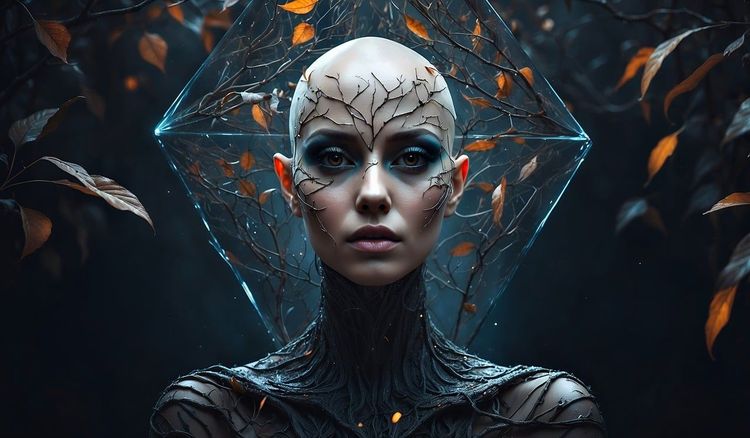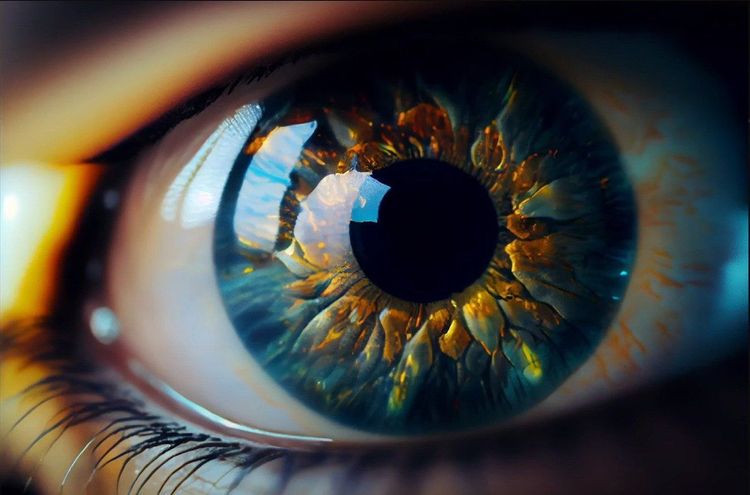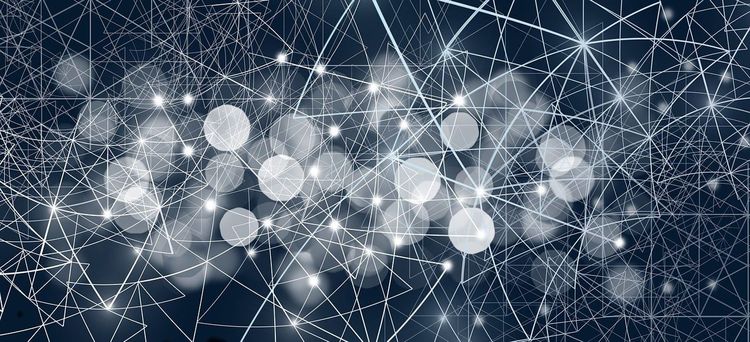US Copyright Office Invites Public Comments on AI and Content Ownership Issues
Most people like

Master the skill of confidently detecting AI-generated content. In today's digital landscape, discerning between human-created and machine-generated text is essential for ensuring authenticity and integrity. This guide will equip you with the tools and techniques you need to identify AI content with precision, helping you navigate the complex world of online information more effectively.

TypingMind enhances the ChatGPT user experience by introducing valuable features such as chat history search and a comprehensive prompt library. This innovative interface transformation not only streamlines interactions but also boosts productivity for users seeking efficient ways to engage with AI.

Elevate your photography with our AI photo editor, designed for professional-grade enhancements that bring your images to life. Experience seamless editing that transforms ordinary photos into stunning visuals with just a few clicks.

Unlock AI-Powered Revenue Growth for Your Shopify Store
Discover how leveraging AI can propel your Shopify store to new heights of revenue growth. By integrating intelligent solutions and data-driven insights, you can enhance customer experiences, streamline operations, and optimize sales strategies. Embrace the future of e-commerce and watch your business thrive with AI-driven tools tailored specifically for Shopify.
Find AI tools in YBX



